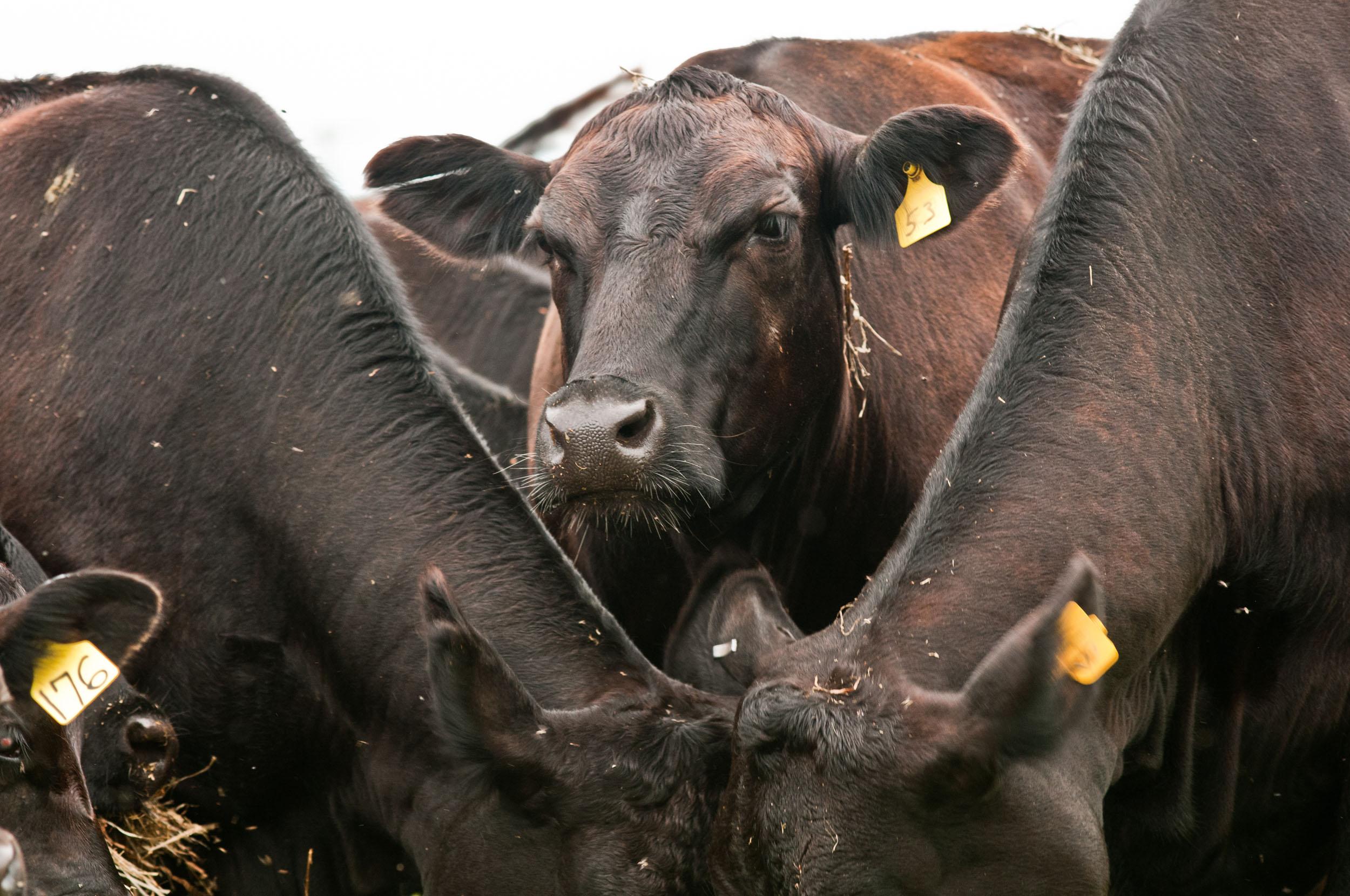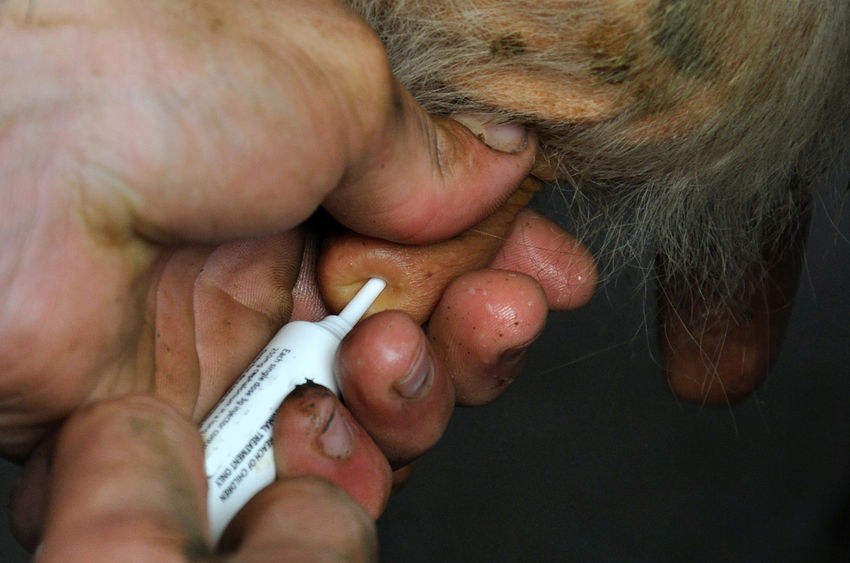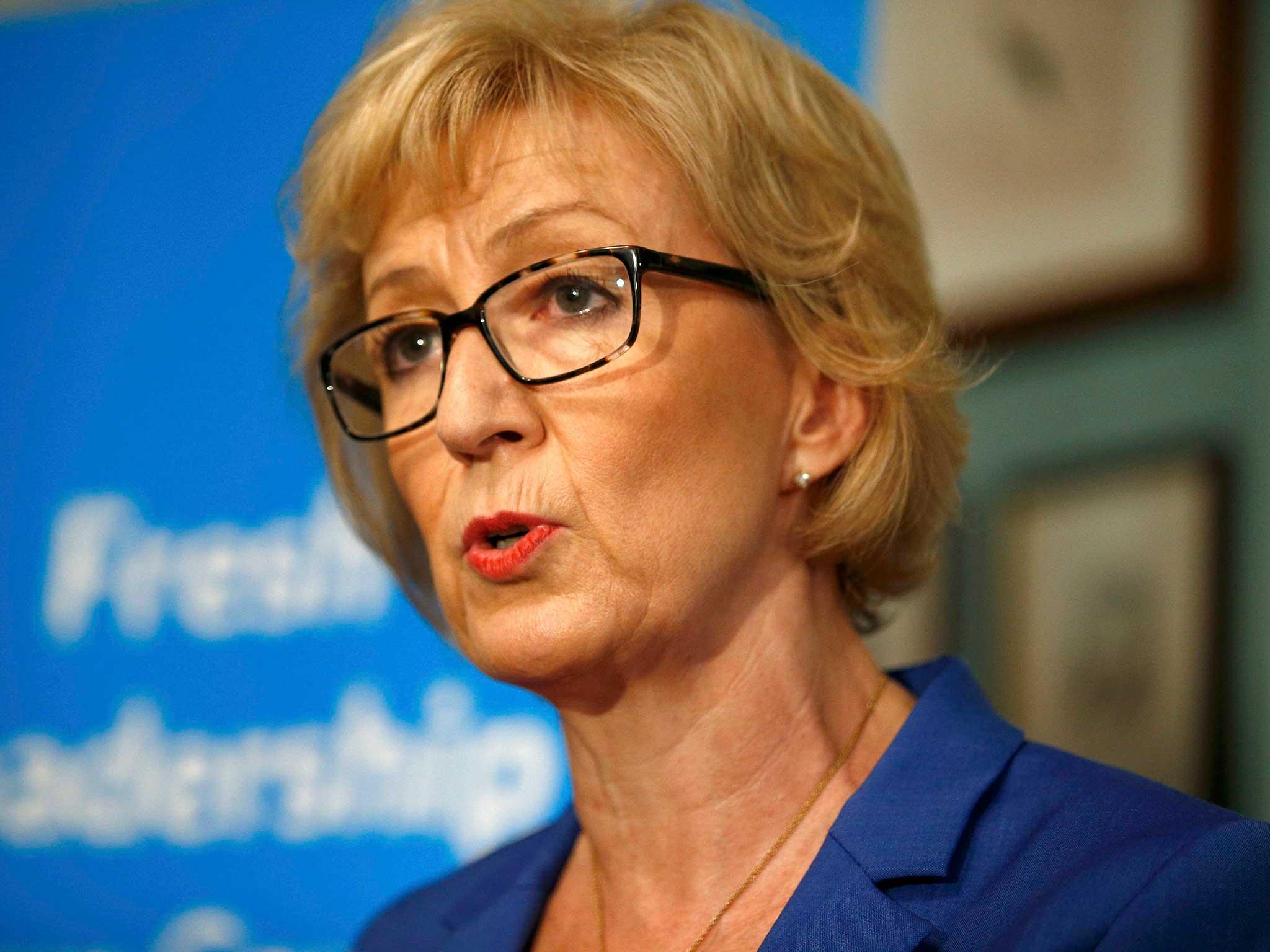
Fifteen senior medics have written to the UK government calling for urgent action to tackle the 'routine misuse' of antibiotics in farming.
Signatories to the letter, which was published today in The Telegraph to coincide with World Antibiotic Awareness Week, include the President of the Royal Society of Medicine - Babulal Sethia, the President of the British Medical Association - Professor Pali Hungin, and the Presidents of ten Royal Colleges and Societies.
Coordinated by the Alliance to Save our Antibiotics and Medact, the letter states: “We urge the government to immediately introduce a UK-wide ban on the routine preventative mass medication of animals, and to urgently curb farm use of the ‘critically important’ antibiotics.”

Use of antibiotics in intensively farmed livestock, particularly of pigs and poultry, accounts for nearly 90% of all farm antibiotic use in the UK. It remains legal in the EU to routinely administer antibiotics to whole groups of livestock before any disease has been diagnosed within the group.
Professor Maureen Baker, Chair of the Royal College of General Practitioners, said: “GPs and our teams are doing an excellent job of reducing prescriptions for antibiotics, with the latest NHS figures showing a 2.6m decrease in UK general practice last year. But it’s not just the healthcare sector that has responsibility for curbing resistance to antibiotics; the agriculture sector must also play its part. If antibiotics continue to be given to livestock when they are not needed it will put patients at risk all over the world. We support the recommendations outlined in this letter and would urge the Secretaries of State to take them into serious consideration.”

Banning of routine antibiotic use in farming
In March 2016, the European Parliament voted for an EU-wide ban to all routine antibiotic use in farming. Forthcoming negotiations between the Council of Ministers, the European Parliament and the European Commission will consider this proposal. Letter signatories urge the UK government to take a strong stand in these discussions, and to ensure that, post-Brexit, such measures are enshrined in UK law.
Professor Jane Dacre, President of the Royal College of Physicians said: “In the light of the UK’s forthcoming exit from the EU, there is a clear need for unambiguous domestic policies which ensure that antibiotics are used judiciously in human and animal medicine. The use of important antibiotics to routinely mass medicate groups of livestock does not constitute judicious use, and should have no place in any antibiotic-reduction strategy for the UK.”
MPs have also recently spoken out on this issue. Following the revelations in September of multi-drug resistant E.coli on supermarket meat, 57 MPs from across the political parties have signed an Early Day Motion calling on supermarkets to ban the routine preventative use of antibiotics in their supply chains. However, only Waitrose has so far clarified that it prohibits such practices.
Professor John Middleton, President of the Faculty of Public Health concluded: “The evidence linking the overuse of antibiotics in farming and resistance in human bacterial infections is extremely compelling. It is clear that more needs to be done to limit veterinary prescribing. The government must now listen to, and act on, the concerns of the medical community - and place public health at the heart of considerations around the future UK farm antibiotic-use policy.”
'Modern medicine as we know it will be undermined'
Andrea Leadsom, Secretary of State for Environment, Food and Rural Affairs and Jeremy Hunt, the Health Secretary, said: "There is a real risk that, if we do nothing, modern medicine as we know it will be undermined."
"The UK will work closely with different individual sectors to ensure that appropriate sector specific reduction targets are agreed by 2017 so that future reductions are greatest where there is most scope. Encouraging best practice and responsible use of antibiotics, which safeguard animal health and welfare, is a must," the government report said.
Earlier this year, Dairy UK launched a package of new measures for the dairy industry as part of its ongoing commitment to the prudent use of antibiotics. The aim is to deliver "safe and wholesome" dairy products to consumers across the UK, according to the trade association.
The UN's Food and Agriculture Organisation (FAO) has also pledged to help countries develop strategies for tackling the spread of antimicrobial resistance in their food supply chains. The misuse of drugs, associated with the emergence and spread of antimicrobial-resistant micro-organisms, places everyone at great risk, the FAO has said.
And British pig producers are making progress in the sector's commitment to record and control the use of antibiotics in the industry, data shows. In less than two months, antibiotic data for over 1.2m pigs has already been contributed by pig producers to the British pig industry's new on-line medicine book.
"The levy-funded on-line electronic medicine book is the most important strand of the Stewardship Programme," said Dr Georgina Crayford, who leads the National Pig Association's recently-launched Pig Industry Antibiotic Stewardship Programme.
